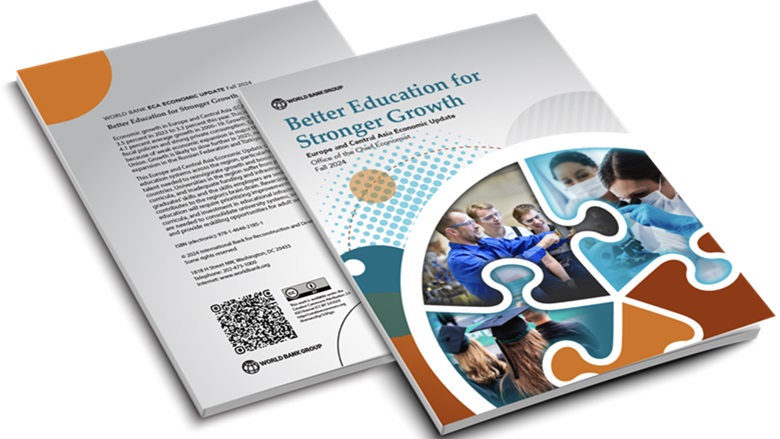Education is the cornerstone of progress in a world that is becoming more interconnected. Nevertheless, millions of children and adolescents continue to encounter substantial obstacles to learning, despite the increasing global awareness. The World Bank recognized this and initiated the Learning for All Initiative, a global call to action to guarantee that every child, irrespective of their origin or circumstances, has the opportunity to attend, remain in, and learn.
What is the Learning for All Initiative?
The Learning for All Initiative is a World Bank-led initiative that is dedicated to enhancing the educational outcomes of all children and adolescents, with a particular emphasis on the most disadvantaged. It is consistent with the World Bank’s comprehensive Human Capital Project, which regards education as a critical investment in economic development, poverty reduction, and social equity, rather than merely a self-sufficient objective.
The initiative’s fundamental objective is to accelerate reforms that drive learning enhancement, promote accountability, and support national education strategies by collaborating with governments, development partners, civil society, and the private sector.
The Importance of This: Beyond Access to Education
School enrollment has been the primary focus of global education for the past few decades. Although there have been significant improvements—more children are now attending school than ever—attending school does not equate to learning.
Based on the World Bank’s own data:
Minimum proficiency levels in reading and mathematics are not being met by nearly two-thirds of pupils worldwide.
This figure exceeds 90% in low-income countries.
The global “learning poverty” rate, which is the proportion of 10-year-olds who are unable to read and comprehend a basic narrative, is a significant impediment to economic inclusion and opportunity.
The Learning for All Initiative resolves this crisis by redirecting attention from access alone to learning outcomes, guaranteeing that each child not only attends school but also receives a high-quality education.
The primary objectives of the initiative are to enhance the learning outcomes.
Assist countries in the development and execution of policies that are based on evidence and that prioritize the acquisition of fundamental skills, particularly literacy and numeracy.
Encourage Equity and Inclusion
Prioritize marginalized populations, including females, children with disabilities, and those impacted by poverty, conflict, or displacement.
Enhance the Quality of Education Systems
Sustained progress necessitates investments in curriculum reforms, school leadership, teacher training, and data systems.
Organize worldwide assistance
Encourage international collaboration and funding for education by uniting donors and collaborators within a unified framework.
Global Collaboration in Action
The Learning for All Initiative is not solely about the World Bank; it is about global partnership. It collaborates with significant educational stakeholders, including:
The Education 2030 framework of UNESCO
UNICEF
Global Partnership for Education (GPE)
ECW (Education Cannot Wait)
This alignment enables improved resource coordination, knowledge sharing, and policy coherence, particularly in the most impoverished countries.
Impact Examples
In Ethiopia, programs supported by the World Bank have facilitated the training of thousands of teachers and the enhancement of early grade literacy skills.
In Pakistan, reforms that prioritize girls’ education and learning assessments have initiated the process of reducing achievement disparities.
In remote and underserved regions of Peru, targeted interventions enhanced student performance and decreased attrition rates.
The Future
At its height, the COVID-19 pandemic caused an unprecedented disruption to global education, affecting more than 1.6 billion students. The Learning for All Initiative is more important than ever in assisting countries in the process of rebuilding, with a particular emphasis on technology-enabled, inclusive, and resilient education systems.
Conclusion: A Global Imperative Education is not merely a fundamental right; it is a lifeline out of destitution, a catalyst for equality, and a cornerstone of sustainable development. The Learning for All Initiative is the World Bank’s dedication to a world in which every individual has the opportunity to learn, flourish, and succeed, irrespective of their identity or location.
Our shared mission as global citizens, educators, policymakers, and development partners must be unambiguous: learning for life, learning for all.
For additional information, please visit the World Bank’s education site at www.worldbank.org/education.

Leave a Reply